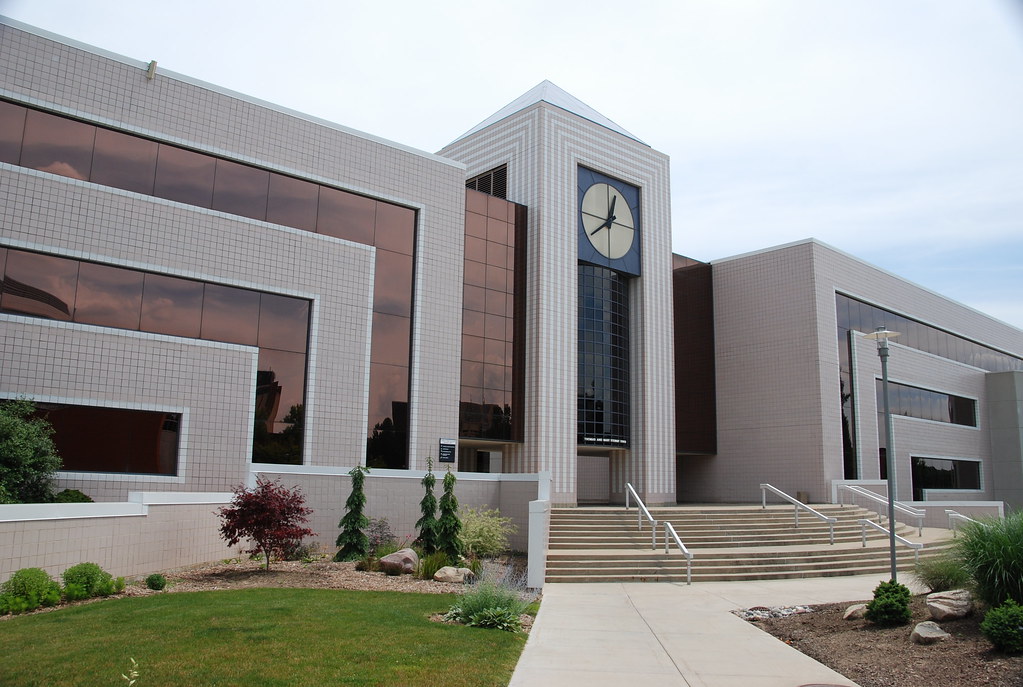Join us in the virtual ‘zoo! Kalamazoo is one of the world’s great annual gatherings of medievalists. Since 2020, it has taken place in cyberspace rather than at Western Michigan University in the US city of Kalamazoo, Michigan. You can hear from members of Lincoln’s medieval studies community in the following sessions.

On Monday, 9 May, at 11am EDT, Professor Amy Livingstone will be chairing session 31, Introducing Medieval People. The session features the following papers:
- The Career of Daniel, Abbot of Saint Benet of Holm (Ethan George Birney, Spartanburg Methodist College)
- Faith or Fashion? Family Commemoration in Elite Circles around Syon Abbey, ca. 1415–1539 (Virginia Rosalyn Bainbridge, Univ. of Exeter)
- The Charity of the Poor: Almsgiving in Late Medieval Mainz (Lucy C. Barnhouse, Arkansas State Univ.)
- Communal Policing, Familial Authority, and Preserving the Urban Peace in Late Medieval Flanders (Mireille Juliette Pardon, Berea College)
Medieval People (formerly known as Medieval Prosopography) is a peer-reviewed journal dedicated to highlighting the experiences of unknown or obscure individuals or groups, as well as exploring the social networks that gave shape to the lives of all medieval people. It aims to reflect the new trends in scholarship and the ever-growing number of tools available to scholars, as well as the rich offerings of digital humanities projects that can assist scholars in developing a deeper and more inclusive understanding of the medieval world. For more information about the journal and to subscribe, visit their website.
Also, on Monday 9 May at 11am EDT, Dr Renée Ward has co-organised and will preside over a roundtable, session 41, The Green Knight (2021): Key Critical Perspectives, with speakers including Megan B. Abrahamson, Central New Mexico Community College; Rob Brown, Harvard Univ.; Annie T. Doucet, Univ. of Arkansas; Michael R. Evans, Delta College; Kevin J. Harty, La Salle Univ.; Chelsea Elizabeth Keane, Univ. of California–Riverside; Lauryn S. Mayer, Washington & Jefferson College; Emily Price, Graduate Center, CUNY; Sarah J. Sprouse, Univ. of Alabama; and Arwen Taylor, Arkansas Tech Univ. Don’t miss a great conversation about a fascinating medieval film!
And finally, on Wednesday, May 11, at 11am EDT, Dr Hope Williard will be a panellist in session 153, Beyond Manuscripts and Rare Books: Medievalist Librarians outside Special Collections Departments’, where she will talk about careers as a medievalist librarian with Allison M. McCormack, Univ. of Utah; and Julia A. Schneider, Univ. of Notre Dame. The session will be chaired by Anna Siebach-Larsen, Univ. of Rochester and is sponsored by the International Society of Medievalist Librarians.
And finally, there are a few papers specifically about medieval Lincoln or Lincolnshire, that might be of interest to our community.
On Thursday, May 12, at 3:00 p.m. EDT, Katja Elise Marek, Bangor Univ., will be talking about ‘Three’s a Crowd: Three Knights and a Charger on fol. 52v of Lincoln Cathedral MS 91’, in session 235, Fifteenth-Century Painting.
On Friday, May 13, at 3:00 p.m. EDT, Ryan Michael Prescott, Univ. of Hull will be talking about ‘Geopolitics and GIS: Lincolnshire and Yorkshire during the Reign of King Stephen,1135–1154’ in session 322, New Approaches to Medieval Archaeology.
Best wishes to everyone attending, speaking, and participating for a successful and enjoyable Kalamazoo!